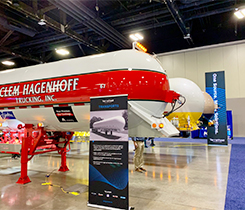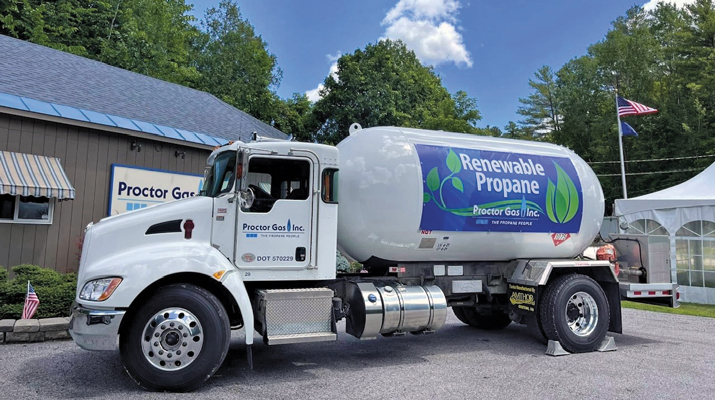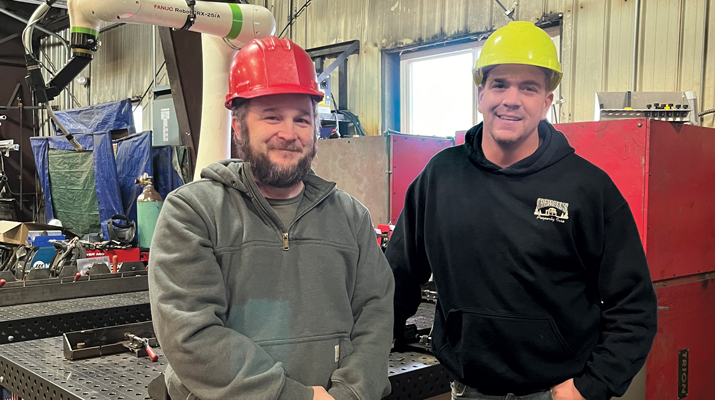Advanced code requirements key to softening the target
The Propane Education & Research Council (PERC) has released a new study of the 2009 International Energy Conservation Code (IECC), conducted by Newport Partners LLC.
Chapter 4 of the 2009 IECC addresses new single-family homes and, while propane is not hurt by provisions in the code, the benefits due to propane equipment efficiency are no longer recognized from a code-compliance perspective.
States and other jurisdictions accepting federal funds from the American Recovery and Reinvestment Act of 2009, or more commonly referenced as the stimulus, had to agree to adopt the 2009 IECC as a condition of receiving funding. That means that most states are now being swept into adopting the 2009 IECC to replace older codes or while putting a building code in place where none had previously existed.
Find the propane advantage
The 2009 IECC is a national model code that does not encourage or discourage the use of propane or any other energy source in new residential construction.
There is an advantage for the use of hydronic heating systems under the code because they deliver heat without the use of air ducts that require costly performance testing under the code. The use of a propane boiler in a hydronic heating application can give builders and propane marketers a code advantage over a forced-air system that can end up using an electric heat pump as the heat source.
The true advantage for propane in the 2009 IECC and upcoming 2011 IECC is the opportunity for most states and local jurisdictions to amend the IECC national model code into a more advanced code. This advanced code would take into consideration high efficiency heating equipment, water heating equipment and green building standards, such as the National Green Building Standard and LEED for Homes.
That is where propane can make a real connection with builders who have projects in rural areas.
Propane marketers need to stay involved with this process by becoming members of their local homebuilders associations and preparing to influence the code process in favor of propane. The National Propane Gas Association does a good job of code monitoring and having an influence at the national model code level, but most of the opportunities for propane will exist at your local level. As energy code advancements favoring propane occur in your marketing area, you will need to make sure that builders, along with heating and cooling contractors, understand how propane and related applications can help them meet the advanced codes.
Helpful resources
You and your builder clients can find out more about the IECC energy code by taking a free online training course at www.propanetrainingacademy.com. This new PERC website consolidates all of their construction professional training courses and support information, such as research papers and videos, into one web location.
There are 18 courses available for construction professionals that offer learning opportunities regarding propane and related applications. The courses qualify for continuing education credits for builders, architects and remodelers and are an excellent resource for you to use in building your relationship with the construction community.
The 2009 IECC and advanced local codes can be difficult to navigate for construction professionals who work with available energy sources and related applications. It is up to you to make propane the energy of choice for builders when considering those local advanced codes and efficiency programs that go beyond the 2009 IECC. After all, you are the energy expert in propane country.
















